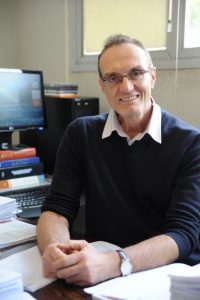
B-MRS member Victor Carlos Pandolfelli, professor in the Department of Materials Engineering at the Federal University of São Carlos (DEMa-UFSCar), was reelected as a member of the advisory board of the World Academy of Ceramics (WAC) to fulfill his second 4-year term (2018 to 2022). The board will include the Brazilian researcher, along with Professor Gary Messing (Penn State) and Dr. M. Singh (NASA), as representatives of the Americas.
In order to be part of the WAC advisory board, it is necessary to be a member of the Academy and be elected by vote of the members of the same region of the planet (in this case, the American continent). The names of the most voted must be endorsed by the presidency of the Academy. To be a member of the WAC, one must undergo a selection process that includes nomination by two effective members, evaluation of the application by a peer committee selected by the Academy, and final approval by at least ten of the twelve members of the advisory board.
According to Professor Pandolfelli, some of the activities he will hold in the council over the next four years are: reviewing the WAC admission rules, defining the members who will participate in the new candidate selection processes, defining the topic and speakers for technical presentations and awards in the scientific forum for members of the Academy.
The inauguration and first meeting of the new council will be held next June in Perugia (Italy).

